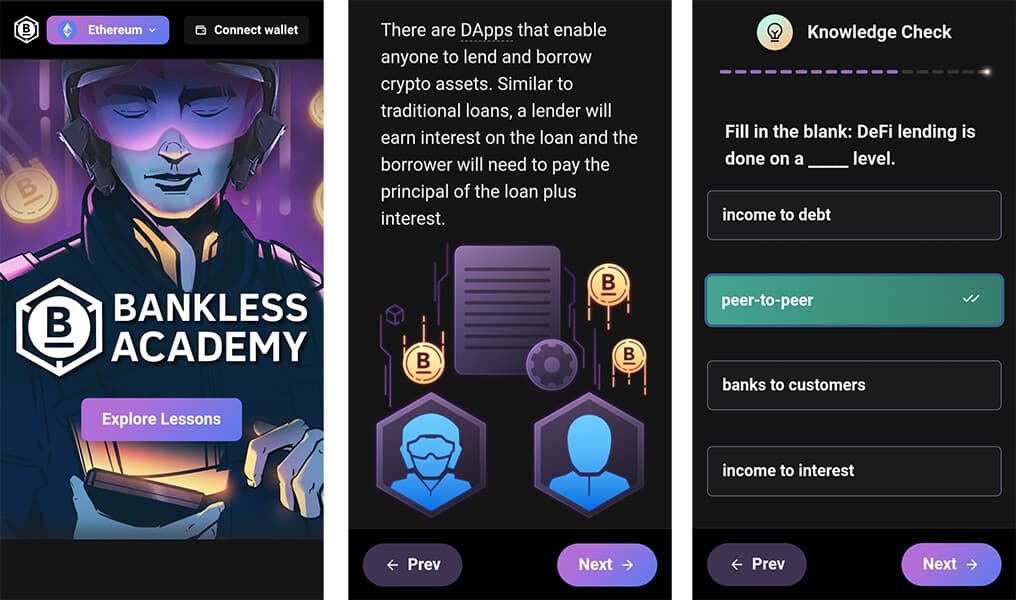This thread is for applications for Rocket Pool’s October 8, 2023 - November 26, 2023 grants. Please only post grant applications in this thread. If you would like to discuss and/or ask questions about any applications you see in this thread, we ask that you do so in this separate forum thread (link) which has been established for all community discussions related to this round of applications. Only those grant applications that are posted in this thread and timestamped by November 11, 2023 at 23:59 (11:59 PM) UTC will be considered. Any grants posted after that deadline will be carried over to the next grant period.
This is the second application period that will use the new revised process outlined in RPIP-26. This is the expected schedule:
- Application Period (October 8th - November 11th)
- Application Discussion Meetings - one for each subcommittee (November 12th - November 15th)
- Negotiation Period (November 16th - November 20th)
- Scoring Deadline (November 21st)
- Final Voting Amendments, Discussion and Finalization (November 22nd - November 25th)
- Award Announcement (November 26th)
Please note the following differences between grants and bounties. Grants are intended to be applied for by those who are wishing to carry out the work themselves. Bounties are open-ended goals that could be met by anyone, including those other than the proposing party. In other words, if I believed that Rocket Pool needed a fifty-foot paper mache orange rocket for publicity purposes and I wanted to be the one to built it, I would apply for a grant. If I instead thought Rocket Pool needed a fifty-foot paper mache orange rocket for publicity purposes but I wanted it to be open to whoever built it first to claim the reward (similar to a prize), then I’d apply for a bounty.
To guide you in your application, the GMC has established the following goals and the following scoring rubric:
GMC Goals
Grants, bounties, and retrospective awards should make it easier and/or more attractive to do one or more of the following:
become a node operator
operate a node, mint rETH
hold or use rETH
improve the quality of life for the protocol and its community.
Grants Rubric
The Grants rubric involves scoring each of the three categories from 1 to 5:
If the application is successful, to what extent does it further the GMC goals?
To what extent can the application be feasibly carried out by the person(s) proposed to complete it?
If the application is successful, how large is the benefit to the protocol relative to the size of the proposed costs
The maximum score is 15 and the minimum is 3.
Grants Application
Please copy paste the template below into a reply. Answer the questions there, feel free to remove or add sections based on relevance.
## Name of Project
### What is the work being proposed?
### Is there any related work this builds off of?
### Will the results of this project be entirely open source ([MIT](https://opensource.org/licenses/MIT), [GPL](https://www.gnu.org/licenses/gpl-3.0.en.html), [Apache](https://www.apache.org/licenses/LICENSE-2.0), [CC BY](https://creativecommons.org/licenses/by/4.0/) license or similar)? If not, which parts will not be, why, and under what license will they be published?
## Benefits - enter N/A where appropriate
| Group | Benefits |
|---|---|
| Potential rETH holders | If the grant is successfully completed, how does this help people looking to stake ETH for rETH? |
| rETH holders | If the grant is successfully completed, how does this help rETH holders? |
| Potential NOs | If the grant is successfully completed, how does this help people looking to run a Rocket Pool node for the first time? |
| NOs | If the grant is successfully completed, how does this help people already running a Rocket Pool node? |
| Community | If the grant is successfully completed, how does this help the Rocket Pool community? |
| RPL holders | If the grant is successfully completed, how does this help RPL holders? |
### What other non-RPL protocols, DAOs, projects, or individuals, would stand to benefit from this grant?
## Team
### Who is doing the work?
### What is the background of the person(s) doing the work? What experience do they have with such projects in the past?
### What is the breakdown of the proposed work, in terms of milestones and/or deadlines?
### How is the work being tested? Is testing included in the schedule?
### How will the work be maintained after delivery?
## Payment and Verification
### What is the acceptance criteria?
### What is the proposed payment schedule for the grant? How much USD $ and over what period of time is the applicant requesting?
### How will the GMC verify that the work delivered matches the proposed cadence?
### What alternatives or options have been considered in order to save costs for the proposed project?
## Conflict of Interest
### Does the person or persons proposing the grant have any conflicts of interest to disclose? (Please disclose here if you are a member of the GMC or if any member of the GMC would benefit directly financially from the grant).
### Will the recipient of the grant, or any protocol or project in which the recipient has a vested interest (other than Rocket Pool), benefit financially if the grant is successful?```
